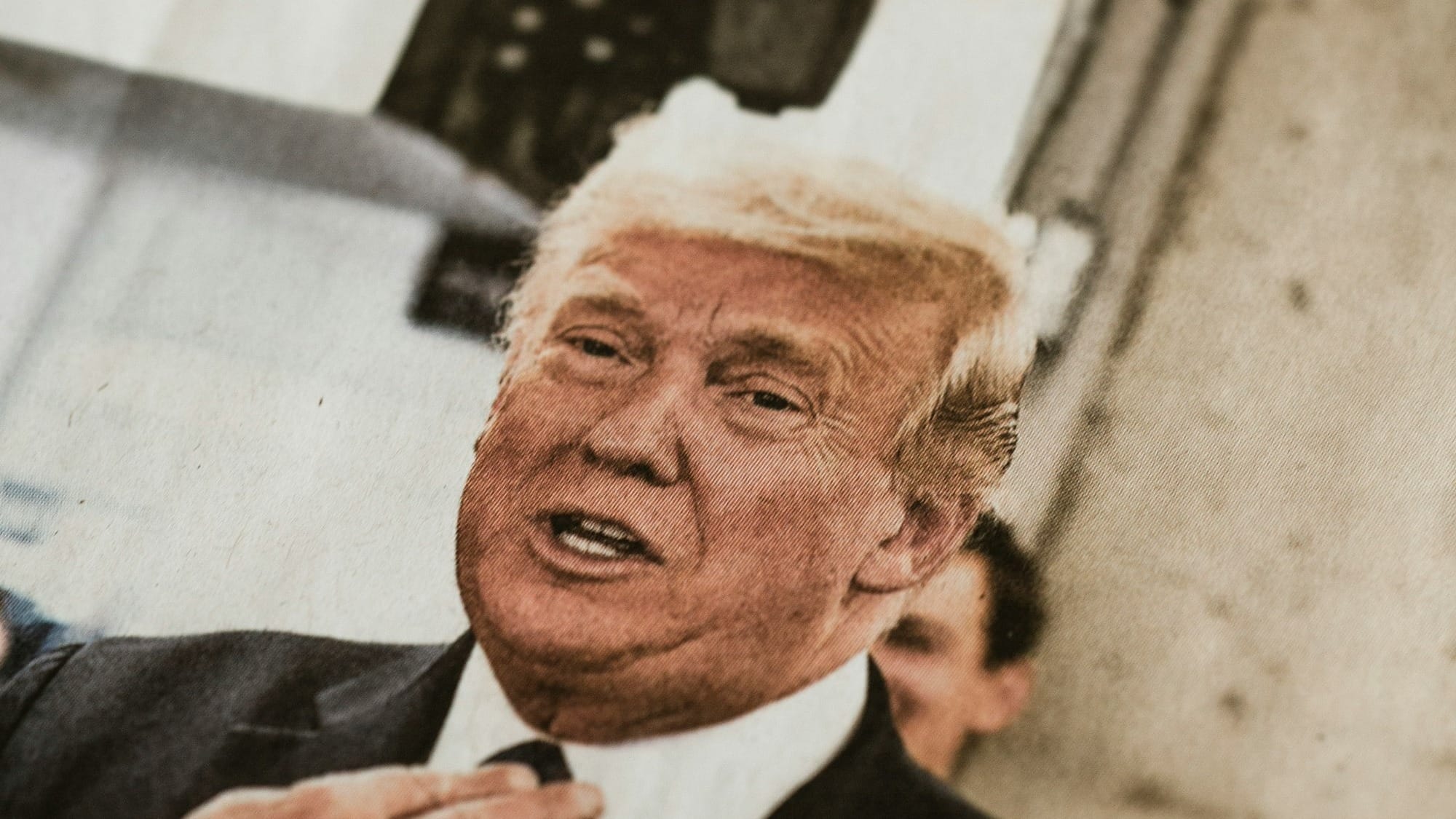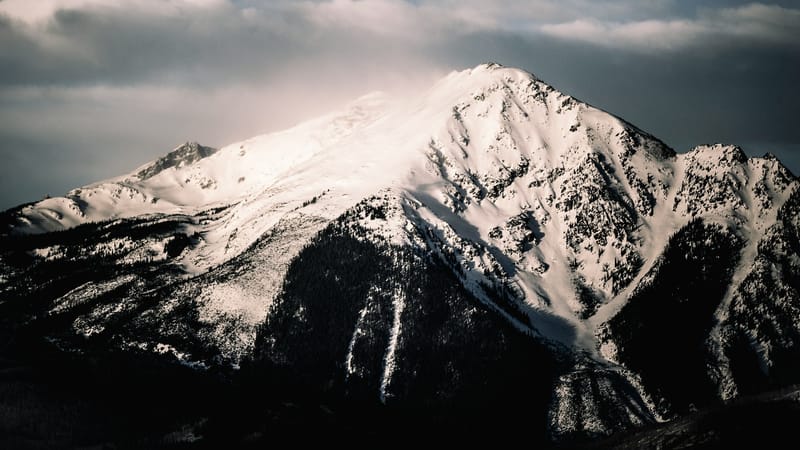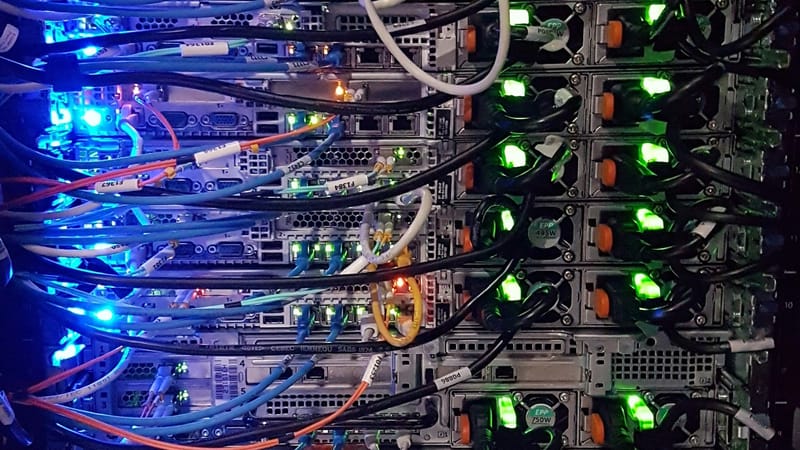Trump’s Rare Earths Gamble: $8.5bn, One Year, and a China-Sized Reality Check

US President Donald Trump says America will soon have so many rare earth minerals “you won’t know what to do with them.” Given the scale of China’s dominance in the sector, that might be the most optimistic statement of the week.
On Monday, Trump unveiled an $8.5 billion deal with Australia to develop new rare earth projects, secure US access to key minerals and loosen Beijing’s grip on the global supply chain. The White House called it a landmark step in securing “critical mineral independence.” The markets called it ambitious. The experts, frankly, called it fantasy.
A High-Stakes Play
Rare earth elements power modern life. They are essential to smartphones, electric vehicles, military hardware, and renewable energy systems. China currently refines more than 90% of the world’s supply, giving it enormous leverage in its trade battles with the US.
That leverage has teeth. Earlier this year, Beijing imposed sweeping export controls that sent shockwaves through global manufacturing, creating shortages and halting production lines. The US response was tariffs, diplomacy and a renewed push to find friendly partners who can dig these minerals out of the ground without triggering a geopolitical crisis.
The latest deal with Australia fits that strategy. Both countries plan to invest $3 billion in new projects over the next six months, with a potential yield of $53 billion, according to the White House. The Pentagon is also funding a 100 metric ton-per-year gallium refinery in Western Australia, while the US Export-Import Bank is offering $2.2 billion in project financing.
The Aussie Angle
Australia holds the world’s fourth-largest rare earth deposits and has been quietly ramping up production. It already mines about half of the world’s lithium, another crucial input for electric vehicle batteries. But the country sits in a diplomatic tightrope act — dependent on China as its largest trading partner while deepening defence ties with Washington.
For Canberra, the Trump deal is both an opportunity and a headache. A big cheque from the US could accelerate its rare earth ambitions, but it also risks further antagonising Beijing, which has shown little patience for nations playing both sides.
Reality Bites
For all the fanfare, industry experts say America’s timeline for mineral independence is wishful thinking. John Mavrogenes, an economic geology professor at the Australian National University, put it bluntly: “China is too far ahead of the world.” He estimates it could take a decade to build a meaningful alternative supply chain, even with aggressive investment.
High energy costs, environmental concerns and a shortage of skilled labour make large-scale rare earth processing both expensive and politically fraught. Building an entire industry from scratch is not like building a wall. It takes more than a rallying cry and a few executive orders.
What Does it All Mean?
Trump’s rare earths offensive is, at best, a first step toward diversification. At worst, it is another geopolitical theatre piece that will take years to bear fruit. Goldman Sachs estimates that a mere 10% disruption to rare earth-dependent industries could erase $150 billion from US economic output. That gives China plenty of room to squeeze.
Still, the optics work. Standing shoulder-to-shoulder with Australia, Trump can point to action on economic security and national resilience. Whether it translates into a functioning supply chain by this time next year is another story entirely.
The bottom line: The White House can fund mines, refineries and rhetoric, but it cannot conjure a decade’s worth of expertise overnight. For now, China holds the cards, and the rest of the world is still digging for a way out.






